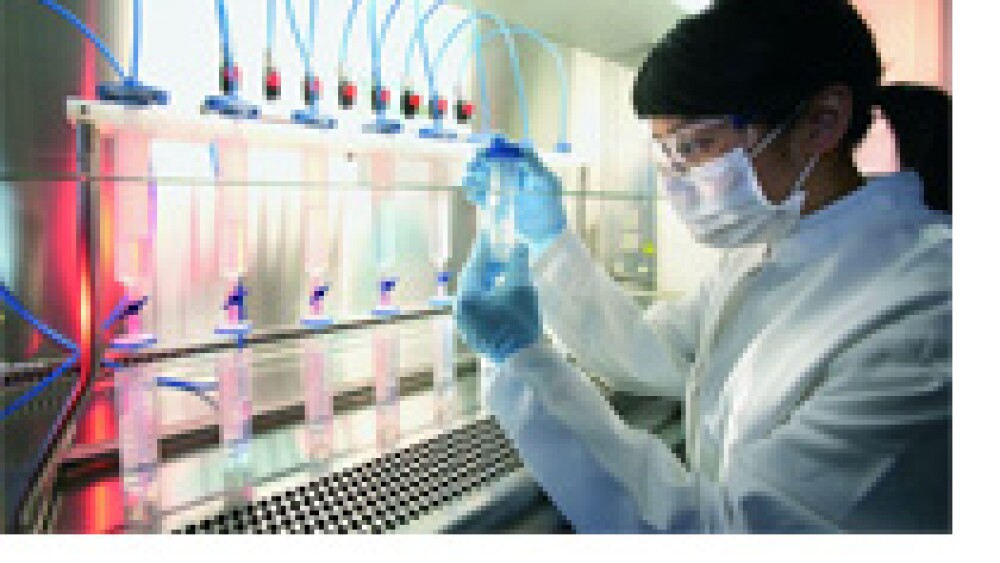February 20, 2015
By Jessica Wilson, BioSpace.com Breaking News Staff
23andMe, Inc., a Google Inc.-backed DNA analysis company, announced yesterday that the U.S. Food and Drug Administration (FDA) will permit the marketing of the company’s direct-to-consumer genetic carrier test for Bloom Syndrome, a rare genetic condition.
The FDA ordered 23andMe to stop selling its genetic kit, referred to as Personal Genome Service (PGS), to consumers in November 2013 because the kit had not been reviewed and approved. At the time the FDA sent its letter to 23andMe, Bloomberg reported some of the letter’s contents, including the rationale for the FDA’s decision. Most of the uses of the genetic test kit fell into the medical device category and medical devices require FDA approval.
“FDA is concerned about the public health consequences of inaccurate results from the PGS device,” the agency said in a public letter. “The main purpose of compliance with FDA’s regulatory requirements is to ensure that the tests work.”
Between 2013 and yesterday, the company has worked with the FDA to provide information that demonstrates the accuracy of the kits. The FDA’s premarket requirements for the product included testing its accuracy, validity and user comprehension.
“Specifically this process validated 23andMe’s spit test kit and chip array platform for determining whether or not an individual is a carrier for the genetic markers for Bloom syndrome. In addition, 23andMe conducted extensive comprehension studies with consumers from different backgrounds, education levels and incomes,” the company said in its press release.
“This regulatory process helped establish the parameters for consumer genetics. We are pleased with the Agency’s decision and its affirmation that consumers can understand and benefit from direct access to genetic information,” said Kathy Hibbs, 23andMe‘s chief regulatory and legal officer.
Establishing a regulatory pathway for direct-to-consumer genetic tests is paramount for this burgeoning market. In 2012, UnitedHealth Group outlined how profitable tests such as that offered by 23andMe could be in the near future, according to Gizmodo. UnitedHealth Group estimated the market could be worth $25 billion annually in the U.S. alone.
23andMe has been on the frontlines in this market’s development, thus the FDA’s decision is a bellwether for the future of direct-to-consumer genetic tests.
“The FDA believes that in many circumstances it is not necessary for consumers to go through a licensed practitioner to have direct access to their personal genetic information,” said Alberto Gutierrez, director of the Office of In Vitro Diagnostics and Radiological Health in the FDA’s Center for Devices and Radiological Health. “Today’s authorization and accompanying classification, along with FDA’s intent to exempt these devices from FDA premarket review, supports innovation and will ultimately benefit consumers.”
BioSpace Temperature Poll
Will Job Cuts Continue? After a week that saw Quintiles, Sanofi and Actavis slashing almost a 1,000 biotech jobs, BioSpace wonders if the ax will continue to fall. Give us your thoughts about the sector’s “streamlining” below.





